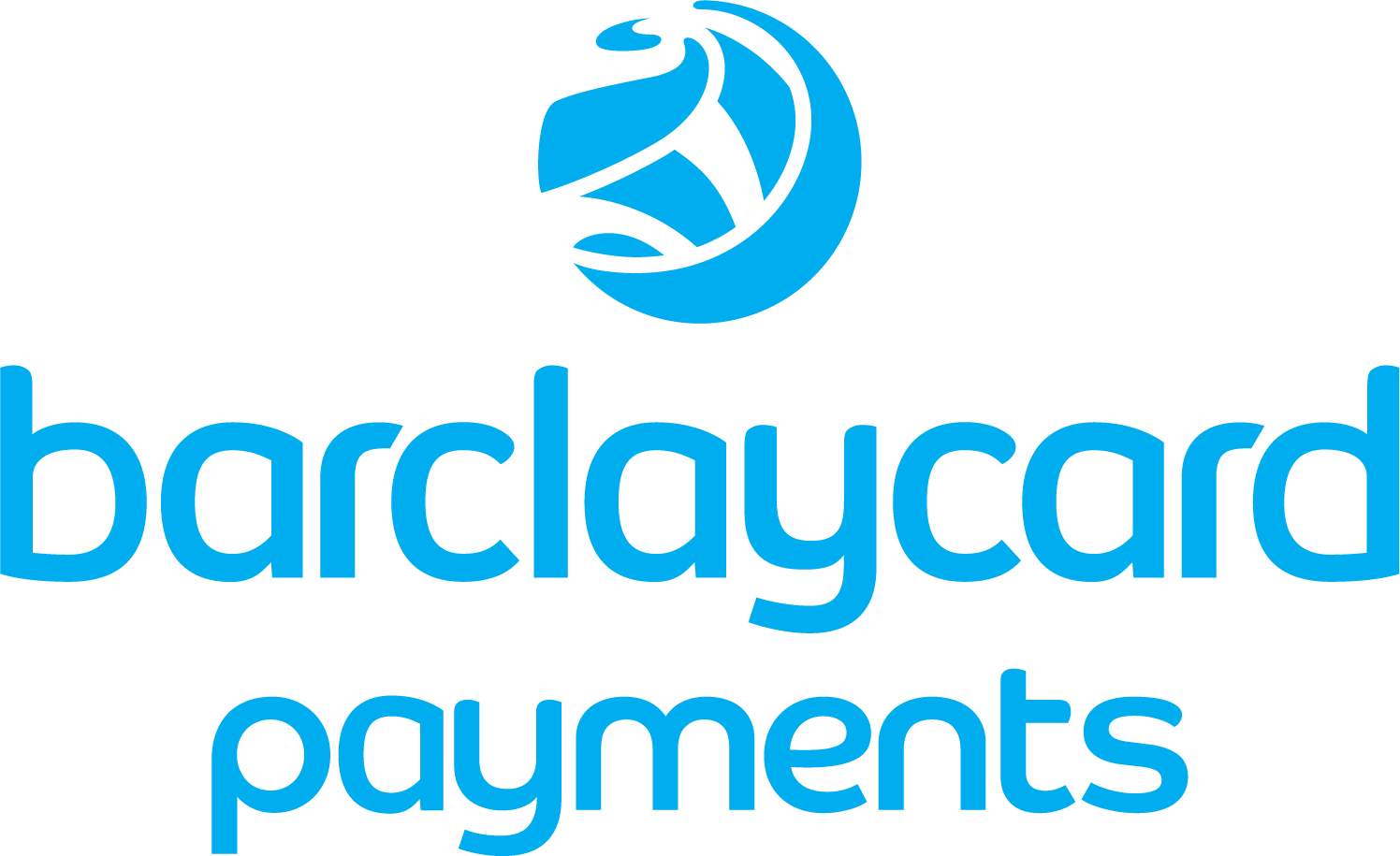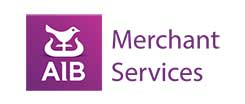- Accept card payments – lowest rates from 0.27%
- Keep your card processing fees to a minimum
- Direct access to the UK’s leading card processing banks
- We ensure your rates always remain competitive
No spam emails or calls
Choose from the payment methods then click Next
What's your turnover each month?
Enter the name of your company
Enter your company's postcode and contact number






Visa vs Mastercard: A Clear Comparison for Smart Spending
When it comes to managing your finances, choosing the right payment method is crucial. In the UK, Visa and Mastercard dominate the market as the two major payment networks, powering millions of credit card payments, debit cards, and prepaid cards worldwide. But what are the key differences between Visa vs Mastercard, and how do they impact your spending? This guide will break down the biggest differences, benefits, and perks of each network to help you make an informed decision.
Understanding Visa and Mastercard: The Basics
Both Visa and Mastercard are payment networks, not card issuers. This means they facilitate transactions between merchants and the issuing bank or credit unions that provide the cards. While Visa and Mastercard share many similarities, such as global acceptance and zero liability for fraudulent transactions, there are subtle differences that could influence your choice.
Visa: A Global Leader
Founded in 1958 in San Francisco, Visa is one of the largest payment networks in the world. It processes millions of transactions daily and is widely accepted in the UK and other countries. Visa cards are issued by banks and credit unions, offering a range of credit card benefits, including rewards programs, theft protection, and emergency card replacement.
Mastercard: Innovation and Accessibility
Mastercard, established in 1966, is another giant in the payment network industry. Like Visa, it partners with issuing banks to issue credit cards and debit cards. Mastercard is known for its innovative rewards programs and exclusive experiences, such as access to events and travel perks. Its World Elite tier is particularly popular among high-spending consumers.
Key Differences Between Visa and Mastercard
While Visa and Mastercard are often used interchangeably, there are some key differences that set them apart. These include credit card benefits, rewards programs, and global acceptance.
1. Rewards Programs
Both Visa and Mastercard offer rewards programs, but the specifics vary depending on the issuing bank and the type of card. For example, Visa typically offers statement credit and cashback options, while Mastercard focuses on exclusive experiences and travel perks. If you’re looking for the best credit card for rewards, compare the three tiers offered by each network:
-
Visa: Classic, Gold, and Platinum
-
Mastercard: Standard, World, and World Elite
2. Global Acceptance
Both networks boast global acceptance, but Visa has a slight edge in terms of the number of countries where it’s accepted. However, Mastercard is often preferred in other countries due to its partnerships with local banks and merchants.
3. Credit Card Benefits
When it comes to credit card benefits, both networks offer liability fraud protection and zero liability policies, ensuring you’re not held responsible for unauthorized transactions. However, Mastercard often includes additional perks, such as emergency card replacement and theft protection, which can be a deciding factor for frequent travelers.
4. Interest Rates and Fees
While Visa and Mastercard don’t directly set interest rates or fees, these are determined by the issuing bank. That said, some Mastercard tiers, like World Elite, may come with higher annual fees but offer more other perks, such as concierge services and travel insurance.
Visa vs Mastercard: Which Is Better for You?
Choosing between Visa or Mastercard depends on your spending habits and financial goals. Here’s a breakdown to help you decide:
For Everyday Spending
If you primarily use your card for everyday purchases and pay bills, both Visa and Mastercard are excellent choices. However, Visa may be more widely accepted in the UK, making it a safer bet for local transactions.
For Travel and International Use
Frequent travelers may prefer Mastercard due to its global acceptance and travel-focused rewards programs. The World Elite tier, in particular, offers exclusive experiences and emergency card replacement services.
For Rewards and Perks
If you’re after rewards, compare the credit card benefits offered by both networks. Visa is great for cashback and statement credit, while Mastercard excels in travel perks and exclusive experiences.
Prepaid and Debit Card Options
Both Visa and Mastercard offer prepaid card options and debit cards, making them accessible to consumers who prefer not to use credit cards. These cards are ideal for budgeting, as they allow you to spend only what’s loaded onto the card. Additionally, they come with liability fraud protection, ensuring your card information is secure.
Liability and Fraud Protection
One of the most important factors to consider when choosing a card is liability fraud protection. Both Visa and Mastercard offer zero liability policies, meaning you won’t be held responsible for unauthorized transactions. This applies to credit cards, debit cards, and prepaid cards, giving you peace of mind when making online or in-store purchases.
Key Takeaways: Visa vs Mastercard
-
Global Acceptance: Both networks are widely accepted, but Visa has a slight edge in the UK.
-
Rewards Programs: Visa offers cashback and statement credit, while Mastercard focuses on travel perks and exclusive experiences.
-
Credit Card Benefits: Both offer zero liability and theft protection, but Mastercard often includes additional perks.
-
Prepaid and Debit Cards: Both networks provide secure prepaid card options and debit cards.
-
Interest Rates and Fees: These are set by the issuing bank, so compare offers before choosing a card.
When it comes to Visa vs Mastercard, there’s no clear winner—it all depends on your needs. If you value global acceptance and cashback rewards, Visa might be the better choice. On the other hand, if you’re a frequent traveler seeking exclusive experiences and travel perks, Mastercard could be the way to go.
Ultimately, the best credit card for you will depend on your spending habits, financial goals, and the benefits offered by the issuing bank. Whether you choose Visa or Mastercard, both networks provide secure, reliable, and convenient ways to manage your money.
By understanding the key differences and benefits of each network, you can make an informed decision and enjoy smart spending with confidence.